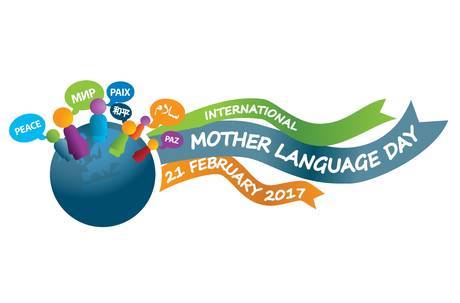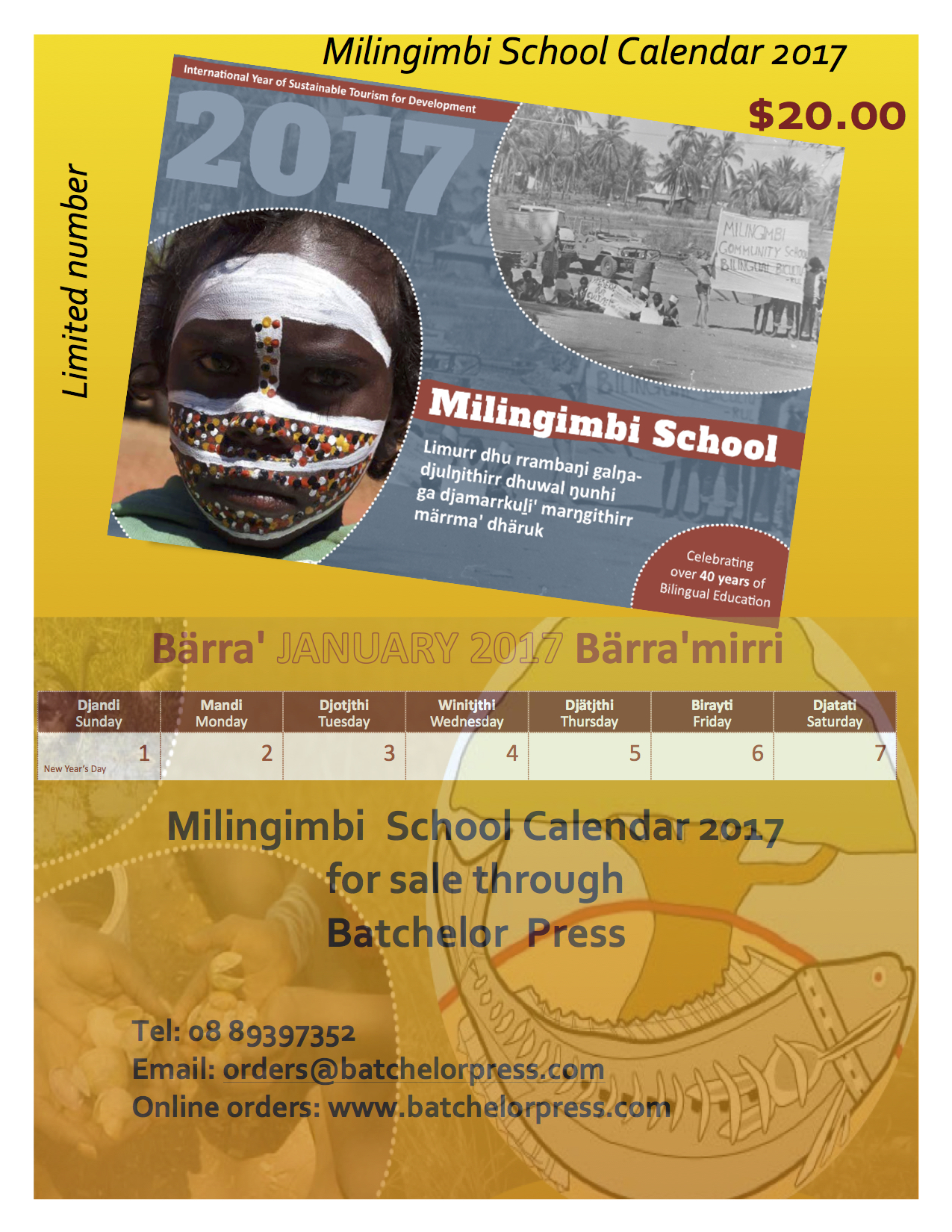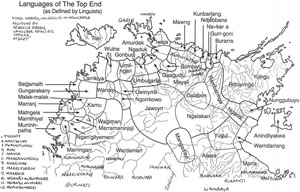FOBL has collated some information and some questions for educators and community members about Direct Instruction, the program which Peter Chandler, the Northern Territory Minister for Education has announced will be implemented in 60 schools in the Northern Territory over the next three years. This is a direct result of recommendations from A Share in the Future - The Review of Indigenous Education in the Northern Territory carried out by Mr Bruce Wilson and NT Education staff in 2013.
Funding for the Direct Instruction program will come from part of a $22 million grant from the Federal Government. An unknown amount of $22 million will go to the Cape York Aboriginal Australian Academy (CYAAA) to administer DI programs in the Northern Territory.
The operations of the three Cape York Aboriginal Australian Academy (CYAAA) campuses (Hope Vale, Coen and Aurukun) are underpinned by an instructional model that organises curriculum and its delivery into three separate learning or knowledge domains: Class, Club and Culture. Club and Culture classes happen after normal school hours so the normal school day is taken up with the delivery of Direct Instruction for literacy, and a Direct Instruction program for numeracy called Elementary Maths Mastery.
It is not clear at this stage if it is just the Direct Instruction component (Class) that will be imported to the Northern Territory.
Direct Instruction is the approach used in these schools for classroom teaching of English literacy and numeracy. Currently the CYAAA Class, Club and Culture model is a pilot program. According to the Australian Council for Educational Research (ACER) Evaluation of the Cape York Aboriginal Australian Initiative published in June 2013 DI could not be conclusively linked to improving student literacy or numeracy outcomes.
The following link takes you to the ACER Final Report - Evaluation of the Cape York Aboriginal Australian Academy Initiative:
http://research.acer.edu.au/cgi/viewcontent.cgi?article=1036&context=indigenous_education
or from
Department of Education, Training and Employment
http://deta.qld.gov.au/indigenous/pdfs/cyaaa-evaluation-report.pdf
Two elements of the ACER Evaluation are pertinent to the NT: improved literacy and numeracy outcomes and student attendance.
The ACER Evaluation of the Cape York Aboriginal Australian Initiative reports the following findings re:
Increased literacy and numeracy outcomes
The answers to the question,
What is the impact of the CYAAA Initiative on student learning in the pilot communities? are:
It is not possible to conclude from the available test data, except in limited circumstances, whether or not the CYAAA Initiative has had an impact on student learning. This is because there is too much missing information to draw a conclusion, one way or the other.
Typically, the school staff describe improvements in student learning and attribute these improvements to the CYAAA Initiative.
School staff report that the rate of improvement has been greater in literacy than in numeracy.
It is too soon to tell if Club or Culture or both is having an impact on student learning.
Because the evaluation was unable to use the test data, it became difficult to empirically ascribe a causal connection between the Initiative and student learning outcomes. That said, it needs to be acknowledged that school and community members provided a wide range of anecdotal evidence that suggests there is such a connection and that the Initiative is indeed having a positive impact on student outcomes. (Australian Council for Educational Research. June 2013. Evaluation of the Cape York Aboriginal Australian Initiative. Department of Education Training and Employment: Queensland. P 9.)
Student Attendance
On the burning issue of student attendance the ACER report did have conclusive findings:
It was found that the CYAAA Initiative project outcome related to student attendance has not been met. Student attendance has declined in two campuses during the period of the CYAAA Initiative despite the perception by many stakeholders that is has increased. This discrepancy between the ACER findings and the perceptions of informants may be explained in part by more stringent roll marking procedures implemented by CYAAA. Despite the declines in attendance, the attendance rates for Aurukun, which increased markedly ay the inception of the Cape York Welfare Reforms ( prior to the CYAAA), have not returned to the low levels experienced prior to the welfare reform trial. (Australian Council for Educational Research. June 2013. Evaluation of the Cape York Aboriginal Australian Initiative. Department of Education Training and Employment: Queensland. P. 10.)
Why is the Federal government funding millions of dollars to the Cape York Aboriginal Australian Academy to run programs with such limited results in the Northern Territory?
Where is the evidence to show that the use of one specific literacy program is effective as opposed to properly resourced bilingual programs which include English programs written specifically for students who speak English as a Second Language?
'Direct Instruction is not a solution for Australian schools' by Allan Luke in the Australian Association for Research in Education BLOG
http://www.aare.edu.au/blog/?p=439
We have included an evaluation of the Direct Instruction program by Professor Allan Luke published on the Australian Association for Research in Education's (AARE) blog site because we believe he is eminently qualified to evaluate language programs (see Bio below).
http://www.isrn.qut.edu.au/pdf/members/nonindigenous/Allan_Luke.pdf
Languages in Education Seminar





